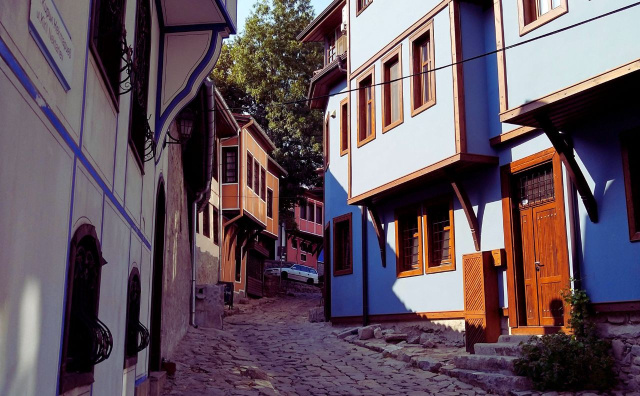
Plovdiv is taking bold steps to address rising environmental concerns, with its municipal council approving a landmark decision to restrict older vehicles in the city’s central areas. The new measure, part of a broader Ordinance establishing low-emission zones, will come into effect on October 1, 2025, and remain in place until April 30, 2026.
The restrictions will cover two defined areas: the “Center,” a smaller ring encompassing the historic and administrative heart of Plovdiv, and the “Wide Center,” a larger surrounding zone. Vehicles classified under environmental groups 1, 2, and 3 will not be permitted to operate in these areas during the seven-month period.
Officials say the initiative aims to reduce harmful pollutants, particularly particulate matter, which has long been a problem for the city.
As part of the plan, the municipality intends to apply for funding under the “Low-emission zones from transport” grant, included in Priority 5 “Air” of Bulgaria’s 2021–2027 Environment Program.
The project is expected to finance measures that improve air quality and support a more sustainable urban transport network. The council’s decision followed weeks of debate and numerous public proposals.
Supporters argued that the step was essential for protecting residents’ health and modernizing transport infrastructure. Critics, however, voiced concerns about the potential inconvenience to households and businesses relying on older vehicles.
In addition to the environmental measures, the council approved the sale of 13 municipally owned apartments from the “Rental Accommodation” Fund.
The properties will be sold to their current tenants. The proposal to combine voting on all 13 sales into a single agenda item was put forward by councilor Stefan Poslijki of the “United for Plovdiv” party and ultimately adopted.
Financial matters were also on the agenda. The municipal council reviewed and approved the annual report of municipal public enterprises, excluding medical institutions, for the year 2024.
The implementation report for the 2024 budget was endorsed with 30 votes in favor. Meanwhile, 41 councilors supported the mid-year review of the municipal budget execution and European Union fund usage as of June 30, 2025.
Another significant step was the decision to allocate 300,000 leva (around 150,000 euros) in the 2026 municipal budget to carry out a comprehensive phytosanitary assessment of Plovdiv’s tree vegetation.
Mayor Kostadin Dimitrov emphasized the importance of this measure, highlighting the need for a full evaluation of the city’s green infrastructure and its role in urban sustainability.
With these combined measures, Plovdiv’s council seeks to balance environmental protection, fiscal responsibility, and urban management.
The low-emission zones are expected to transform how residents and visitors move around the city, while the focus on housing, budgets, and green spaces reflects broader goals of sustainable development.
As Plovdiv moves forward with these policies, it positions itself as a leading Bulgarian city in tackling pollution and strengthening urban resilience for the future.
